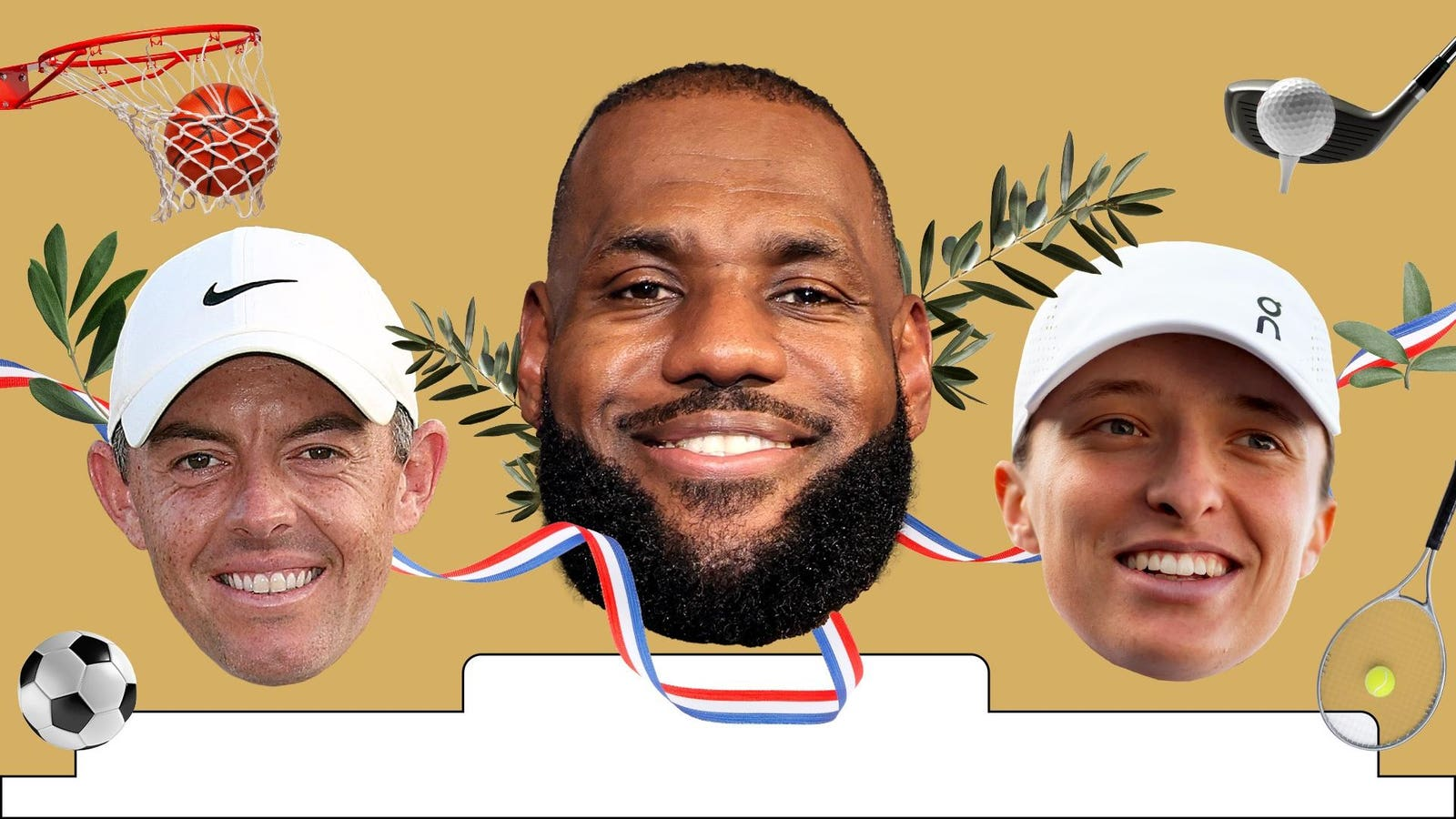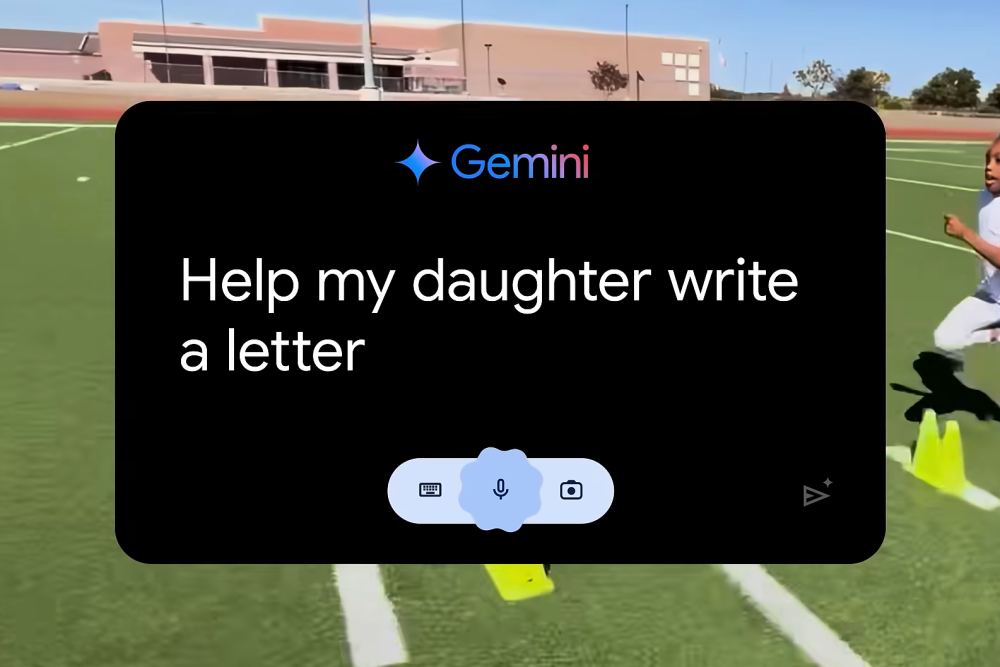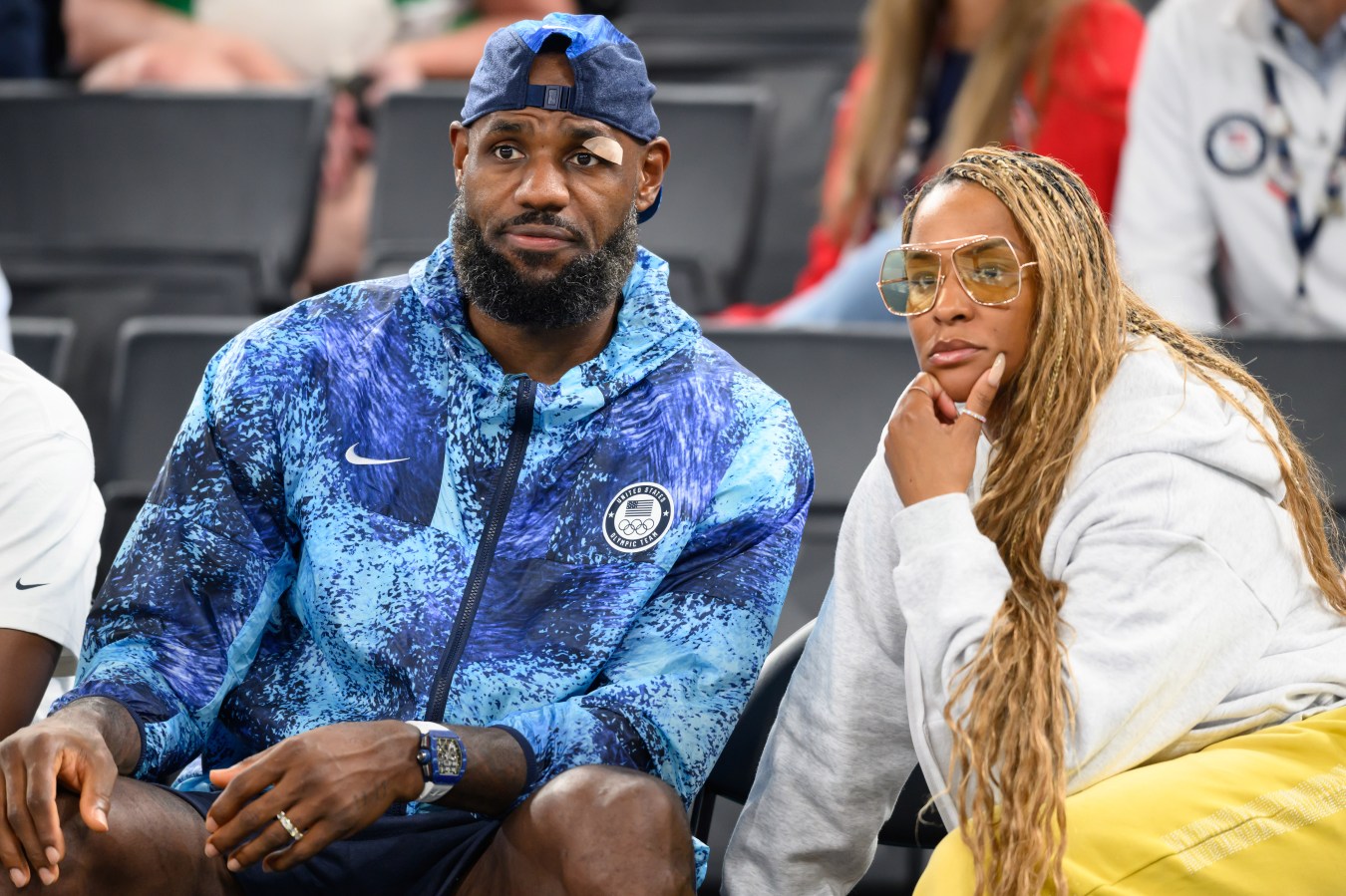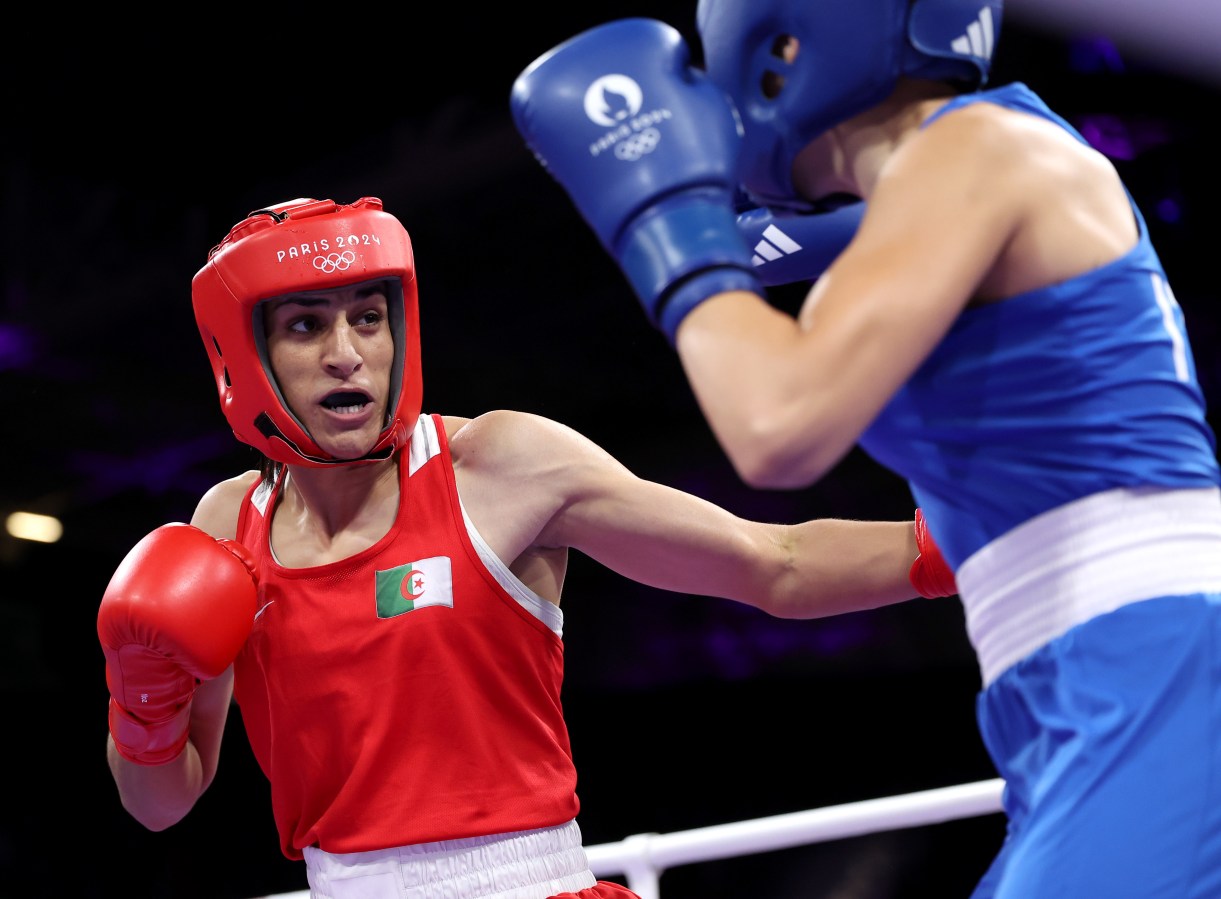Athletes who win medals at the Paris Olympics are often rewarded by their countries’ Olympic committees with bonus prizes ranging from a few thousand to, in some cases, hundreds of thousands of dollars each, but those payouts don’t come for most competitors and those who don’t win often find themselves working side jobs to fund their Olympic dreams despite being among the world’s most impressive athletes.

Bronze medalists Anthony Harding and Jack Laugher of Great Britain at the Olympic Games on Aug. 02, 2024.
Getty Images
Key Takeaways
- Great Britain’s bronze medalist diver Jack Laugher and New Zealand rower Robbie Manson have each said they post paid content to the subscription website OnlyFans to make ends meet.
- Ilona Maher, the American rugby player who went viral at both the Tokyo and Paris Olympics before her team went bronze this year, said she has put much of her off-field effort into building a social media following in the millions in hopes it will help her “make sports a career.”
- In addition to Maher, other Olympians who are trying their hand at social media influencing include Dani Ramirez, Suni Lee, Hunter Woodhall, Tara Davis-Woodhall and Ariana Ramsey, who called content creation “a whole second job.”
- Boxer Morelle McCane, who was eliminated from medal contention Thursday in a close Round of 16 match, said she worked a number of paid-by-the-hour, flexible jobs—including as a birthday party clown, daycare supervisor and mailroom worker—to get to the 2024 Paris games.
- Three-time Paris medal-winning swimmer Nic Fink, shot put gold medalist Canyon Berry and rock climber Jesse Grupper, all Americans, each work as engineers in their everyday lives.
- Some competitors, however, are high-dollar earners in their sports outside of the Olympic games—NBA players like billionaire Lebron James, Giannis Antetokounmpo and Stephen Curry are the highest-paid athletes of the Olympics with earnings last year between $102 million and $128.8 million each, followed by golfers John Rahm, Rory McIlroy and Scottie Scheffler and tennis players Novak Djokovic, Carlos Alcaraz and Iga Świątek.
Related
Crucial Quote
“I get more than double what I would be on otherwise as an athlete — read into that what you will, but I am making more from OnlyFans than I am from rowing at this stage,” Manson told Reuters.
Key Background
Going to the Olympics is the culmination of many athletes’ lengthy elite careers that have included years of high-dollar training and hours per day of preparation that can often make it difficult to hold down another full-time job. It costs tens of thousands of dollars per year to train in sports like archery, table tennis, fencing and gymnastics, in addition to the costs of travel for competition, gear and other expenses.
Olympic hopeful Shaye Hatchette, a sprint kayak athlete, told Vice she was spending more than $38,000 per year in expenses as of 2021. Some of those costs are covered by scholarships or grants—the U.S. Olympic and Paralympic Committee spent $372 million on athlete development in 2022—but others are up to the athlete or their family. Simone Biles’ grandparents Ronald and Nellie Biles, who raised her, opened their own training venue called World Champions Centre in Spring, Texas, in 2014 so she could more easily train.
Natalie Hawkins, mother of American Olympic gymnast Gabby Douglas, filed for bankruptcy in 2012 and said her daughter’s training was a factor in the decision.
Big Number
58%. That’s how many of nearly 500 elite athletes surveyed in 2020—many of them headed for the Tokyo Olympics—said they would not consider themselves to be financially stable. The study of athletes in nearly 50 countries, conducted by advocacy group Global Athlete, saw responses from many competitors that said they relied on money from their parents, prize money from major championships and flexible jobs to fund their athletic endeavors, but didn’t otherwise get paid from the sport itself.
Surprising Fact
Team USA athletes who medal will be paid by the country’s Olympic committee, but a majority of American athletes aren’t paid to compete. Gold medalists in America are paid $37,500 in bonuses per medal, silver medalists get $22,500 and bronze earns $15,000.
Other countries make much more—Singapore awards gold medalists $737,000, CNBC reported in 2021 (the country hasn’t won an Olympic medal since 2012), and Kazakhstan, Malaysia, Italy and the Philippines pay between $200,000 and $250,000 for gold.
Tangent
American water polo player Maggie Steffens managed to score a massive sponsorship for her team from rapper Flavor Flav after she took to Instagram to point out she and her teammates all have jobs out of the pool that support their day-to-day lives. Steffens herself coaches private water polo clinics and founded a data analytics company.
She said her teammates work as “teachers, business owners, coaches, physicians assistants and more,” pointing out that “most Olympians need a second (or third) job to support chasing the dream.” After seeing the post, Flavor Flav dubbed himself the “official hype man” of USA Water Polo and announced he would sponsor both the women’s and men’s national teams for the next five years in deals that include an unspecified financial contribution, multiple appearances per year at the sport’s events and social media collaboration.



